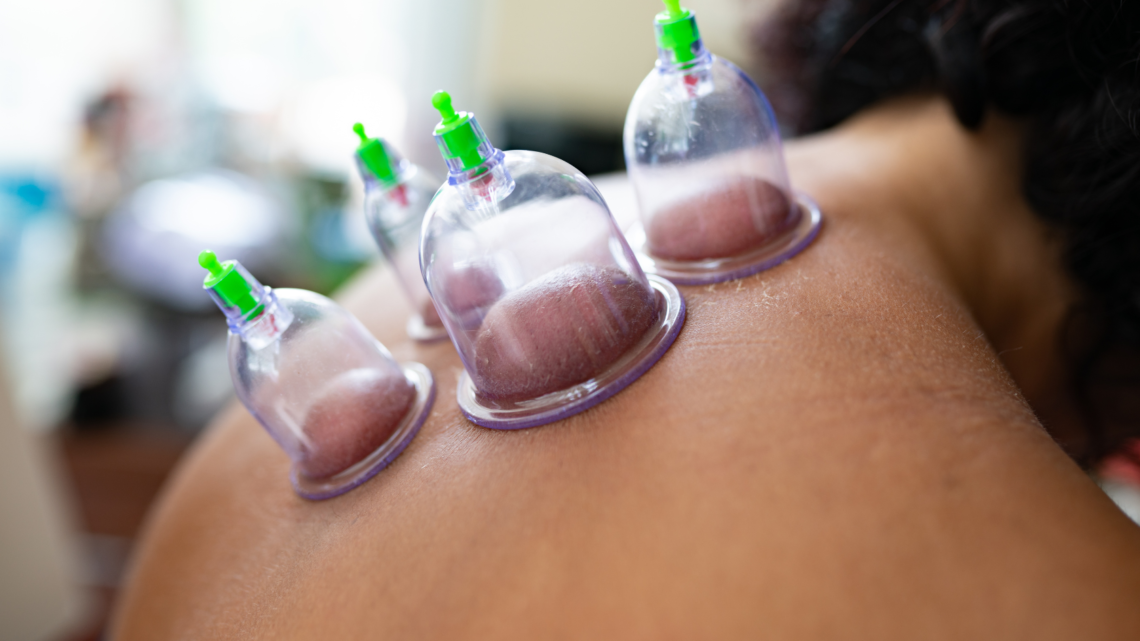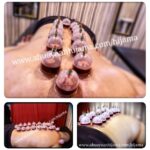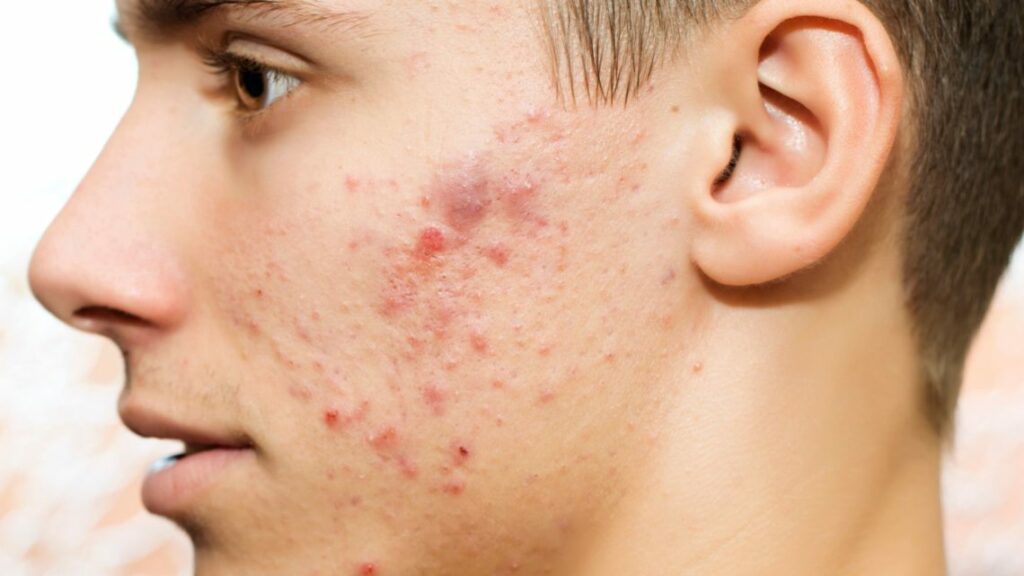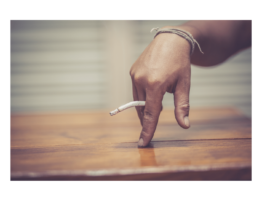Ramadan is a holy month for Muslims all around the world, where they abstain from food and drink from dawn until sunset. It is a time of spiritual reflection, self-discipline, and increased worship. During this month, Muslims often seek out ways to increase their spiritual connection and physical well-being, and one such practice that has …
Ramadan is a holy month for Muslims all around the world, where they abstain from food and drink from dawn until sunset. It is a time of spiritual reflection, self-discipline, and increased worship. During this month, Muslims often seek out ways to increase their spiritual connection and physical well-being, and one such practice that has gained popularity is Hijama.
Hijama, also known as cupping therapy, is an ancient healing practice that involves the use of cups to create suction on the skin. The suction is believed to promote blood flow, release toxins from the body, and improve overall health and well-being.
The practice of Hijama during Ramadan has been endorsed by many scholars and is believed to have numerous benefits for both the body and the soul. According to a hadith narrated by Jabir ibn Abdullah, “The Prophet (peace be upon him) had Hijama performed on him while he was fasting.” This hadith indicates that Hijama is permissible during fasting.
However, it is important to take necessary precautions to avoid any adverse effects on one’s health while undergoing Hijama during fasting. You just have to be careful that your blood sugar doesn’t drop so much that you have to break your fast. In order to avoid this, our clinics are open until late at night, allowing people to come for Hijama after Taraweeh prayer. By then, their food would have digested, reducing the risk of hypoglycemia.
According to a study published in the Journal of Traditional and Complementary Medicine, Hijama therapy can help improve the body’s detoxification process by increasing blood circulation and stimulating the lymphatic system. The therapy is also believed to help release toxins from the body, which can be especially beneficial during Ramadan when the body is fasting and cleansing itself.
Many people experience a drop in energy levels during the day while fasting, and Hijama can help boost energy levels by improving blood flow and oxygenation to the cells. This can be especially helpful during Ramadan when people are encouraged to increase their worship and physical activity.
Hijama is also believed to have spiritual benefits and is considered a sunnah (tradition) of the Prophet Muhammad (peace be upon him). According to a hadith (narration), the Prophet (peace be upon him) said, “Indeed the best of remedies you have is cupping (Hijama).” This spiritual connection can help increase a person’s devotion and connection to their faith during Ramadan.
It is important to note that Hijama should only be performed by a trained and licensed practitioner. The cups used for Hijama should be sterile, and proper hygiene should be maintained throughout the process to prevent the spread of infection.
In conclusion, Hijama can be a beneficial practice during Ramadan, providing physical and spiritual benefits. It is important to take necessary precautions to avoid any adverse effects on one’s health, consult with a healthcare professional, and ensure proper hygiene to avoid any complications. Ramadan is a time for spiritual growth, and incorporating Hijama into your routine can be a positive step towards improving your overall well-being.






